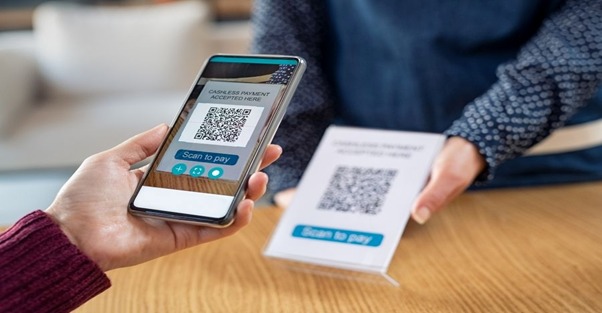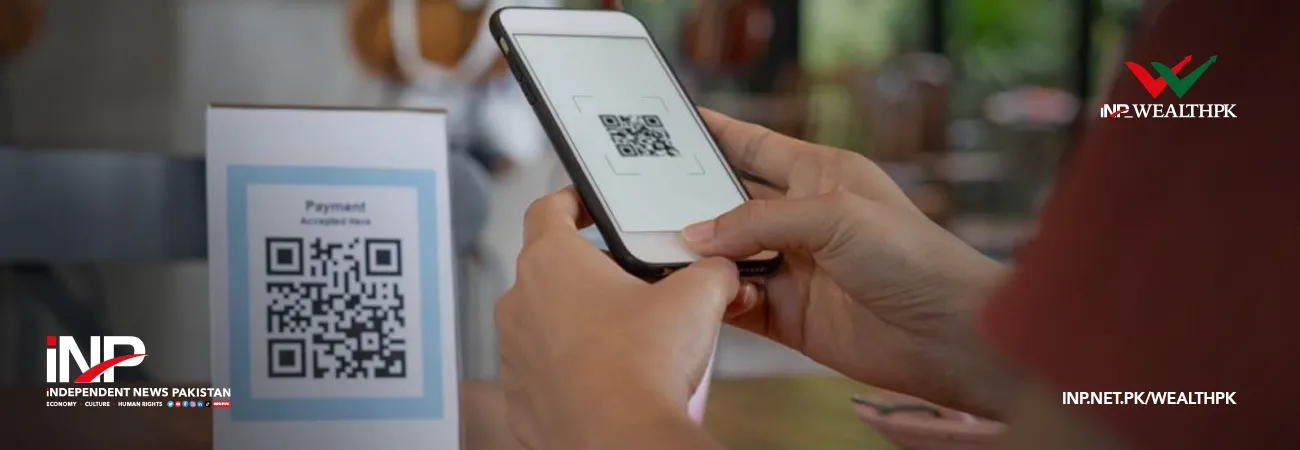INP-WealthPk
Farooq Awan
Pakistan’s retail payments environment underwent a fundamental transformation in FY 2024-25 as consumers and merchants increasingly abandoned card-based payments in favour of wallet and account-to-account digital channels. The Annual Payment Systems Review FY 2024-25 issued by the State Bank of Pakistan shows that 93 percent of all e-commerce payments were conducted via digital wallets and bank accounts, while only 7 percent relied on debit or credit cards.
During the fiscal year, point-of-sale (POS) terminals expanded 56 percent to 195,849, and QR-enabled merchants surpassed 1.09 million, a dramatic rise reflecting the rapid deployment of low-cost acceptance tools. Collectively, these channels processed more than one million transactions per day, amounting to PKR 2.1 trillion in value, up 39 percent in volume and 37 percent in value compared with FY 2023-24.
The review attributes the boom to the rollout of “soft POS” technology, which turns ordinary smartphones into acceptance devices. By eliminating expensive hardware, banks and fintechs enabled thousands of small retailers, food outlets, and service vendors to enter the digital marketplace. While the number of active debit cards increased modestly 9 percent to 53 million and credit cards rose 8 percent to 2.2 million, their share in total digital spending continued to shrink.
Consumers prefer QR-based or wallet payments because they settle instantly, avoid additional fees, and integrate directly with mobile-banking apps. This behavioural shift is supported by SBP’s regulatory incentives requiring banks to promote low-cost acceptance infrastructure. The review observes that merchant empowerment has been a defining feature of FY 2024-25. Digital payments previously concentrated in large retail chains have spread to roadside vendors and community-level shops.
Merchants appreciate faster settlement cycles and digital transaction histories that strengthen their access to formal credit. SBP notes that more than 30 banks and Payment Service Providers (PSPs) participated in merchant-acquisition campaigns during the year, demonstrating growing private-sector commitment to digital commerce. Economists believe that the rise of wallets and QR codes will have far-reaching macroeconomic benefits.
The reduction in cash handling lowers risks of theft and leakage, while improved record-keeping enhances taxation and business formalisation. Moreover, as domestic payment rails replace imported card infrastructure, Pakistan saves foreign-exchange costs associated with international network royalties. The central bank expects continued growth in FY 2025-26 as interoperability among wallet providers deepens and merchants gain incentives for digital acceptance.
Pilot projects are underway to link Raast P2M transactions directly to merchant accounting systems, further streamlining settlements. SBP officials say Pakistan is now on track to achieve full digital acceptance for retail commerce by 2028, fulfilling a major milestone under the Digital Pakistan Vision.

Credit: INP-WealthPk









